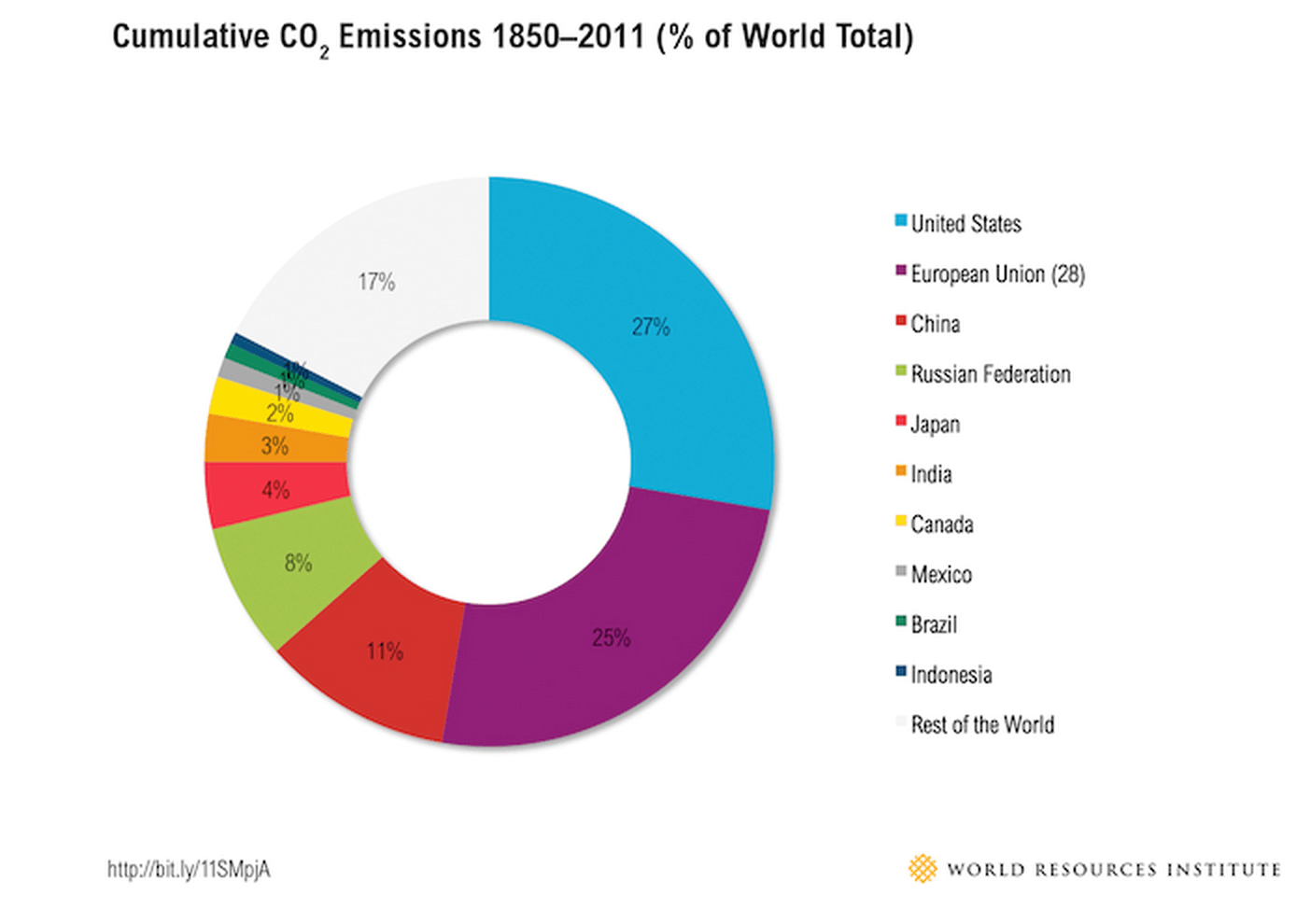Analyzing Trump's Stance On Cheap Oil: Implications For The Energy Sector

Table of Contents
The fluctuating price of oil has always been a critical factor influencing the global economy, but Donald Trump's presidency presented a unique approach to energy policy. This article analyzes Trump's stance on cheap oil, examining its impact on the US energy sector and exploring the lasting consequences for domestic and international markets. We will delve into the specifics of his administration's policies, their effects on domestic production, the global energy landscape, and the long-term implications for the future of energy.
Trump's Energy Policy: A Focus on Domestic Production
Donald Trump's energy policy prioritized domestic energy production, aiming for "energy independence" and a reduction in reliance on foreign oil. This approach heavily favored fossil fuels, particularly shale oil, a key component of the shale oil boom. Several key policy decisions underscore this focus:
-
Deregulation: The Trump administration significantly eased regulations on drilling and extraction, particularly concerning environmental protection. This spurred increased activity in shale oil production, a sector highly sensitive to regulatory burdens. Less stringent environmental reviews expedited the approval process for new drilling projects, leading to a rapid increase in domestic oil output.
-
Withdrawal from the Paris Agreement: The decision to withdraw the United States from the Paris Agreement on climate change signaled a clear prioritization of fossil fuels over renewable energy sources. This move was seen by many as a rejection of international efforts to curb greenhouse gas emissions and transition towards cleaner energy.
-
Impact on Job Creation: The increased domestic oil and gas production undeniably created jobs, particularly in regions heavily reliant on the energy sector. This economic boost was a central argument used to justify the administration's policy. However, the long-term sustainability of these jobs in the face of a global energy transition remains a key question.
-
Environmental Consequences: The environmental consequences of increased fossil fuel extraction are undeniable. Increased drilling activities led to concerns about water contamination, habitat destruction, and methane emissions, a potent greenhouse gas. The long-term effects of this increased extraction on the environment are still being studied and debated.
The Impact of Cheap Oil on the Energy Sector
Trump's emphasis on domestic oil production, coupled with global market dynamics, resulted in periods of relatively cheap oil. This had significant, multifaceted implications for the energy sector:
-
Profitability of Oil Companies: While increased production boosted revenues for some oil and gas companies, the sustained period of low oil prices squeezed profit margins for many others, impacting investment and expansion plans. Smaller companies were particularly vulnerable, facing bankruptcy or consolidation.
-
Investment in Renewables: The availability of cheap oil often overshadowed investment in renewable energy sources like solar and wind power. Although renewable energy technology continued to advance, the economic competitiveness of fossil fuels, particularly with reduced regulations, hampered the growth of the renewable energy sector.
-
Economic Implications for Consumers and Businesses: Cheap oil translated into lower gasoline prices for consumers, providing short-term economic benefits. However, the long-term dependence on volatile oil prices exposed the economy to shocks stemming from global market fluctuations.
-
Impact on Global Energy Markets and OPEC: Trump's policies significantly impacted the global energy landscape. The increased US oil production challenged OPEC's (Organization of the Petroleum Exporting Countries) influence on global oil prices, leading to periods of intense competition and price wars.
Geopolitical Implications of Trump's Approach to Cheap Oil
Trump's approach to cheap oil had significant geopolitical implications, impacting US foreign policy and international relations:
-
Relations with OPEC Nations: The increased US oil production challenged the dominance of OPEC nations, leading to strained relations in some cases. The administration used sanctions as a tool to influence oil supplies, particularly against Iran and Venezuela, impacting global oil markets and international energy security.
-
US Foreign Policy and Energy Security: The pursuit of energy independence influenced US foreign policy, reducing reliance on politically unstable regions for oil imports. This shifted the focus to securing domestic energy supplies and reducing vulnerabilities to geopolitical disruptions.
-
Global Energy Markets and Oil Price Stability: Trump's policy contributed to fluctuations in global oil prices, impacting energy security worldwide. The interplay between US production, OPEC actions, and global demand created an unpredictable market environment.
-
Sanctions as a Tool: The strategic use of sanctions against oil-producing nations became a key aspect of US foreign policy under the Trump administration, influencing global oil supply and pricing dynamics. This approach had mixed results, both economically and geopolitically.
Long-Term Effects on the US Energy Landscape
Trump's focus on cheap oil has left a lasting impact on the US energy landscape, raising questions about long-term sustainability and the energy transition:
-
Sustainability of a Policy Focused on Cheap Oil: The long-term sustainability of a policy prioritizing cheap oil, extracted through methods with significant environmental consequences, is debatable. The reliance on fossil fuels presents significant challenges to achieving long-term climate goals.
-
Implications for the Transition to Renewable Energy Sources: The administration's policies hindered the transition to renewable energy sources, creating a significant challenge for future administrations seeking to achieve a cleaner energy mix. A substantial investment and policy shift are necessary to catch up on lost ground.
-
Potential Impact on Climate Change: The increased reliance on fossil fuels under Trump's administration contributed to higher greenhouse gas emissions, exacerbating the challenges of climate change. Reversing this trend requires significant policy shifts towards renewable energy and energy efficiency.
-
The Future of Oil in the Context of Global Energy Needs: While oil will likely remain a significant energy source for the foreseeable future, the global shift towards renewable energy is inevitable. The US must adapt its energy policies to ensure a secure and sustainable energy future, reducing reliance on fossil fuels and promoting the development of clean energy technologies.
Conclusion
Donald Trump's stance on cheap oil significantly impacted the US energy sector and global energy markets. While his policies stimulated domestic production and created jobs, they also raised concerns about environmental sustainability and long-term energy security. The long-term consequences of prioritizing cheap oil are still unfolding. Understanding Trump's legacy on energy policy is crucial for navigating the complexities of the current energy market. Continue exploring the intricacies of this critical topic by researching further into the implications of cheap oil and its impact on the energy sector. Stay informed on the latest developments in US energy policy and its global repercussions.

Featured Posts
-
 Apres Son Divorce Eric Antoine Presente Sa Nouvelle Compagne Visage Familier De M6
May 12, 2025
Apres Son Divorce Eric Antoine Presente Sa Nouvelle Compagne Visage Familier De M6
May 12, 2025 -
 Cineplexs Q1 Financial Report Shows Impact Of Reduced Attendance
May 12, 2025
Cineplexs Q1 Financial Report Shows Impact Of Reduced Attendance
May 12, 2025 -
 L Arrivee De Cyril Hanouna Sur M6 Le Point De Vue D Un Animateur Phare
May 12, 2025
L Arrivee De Cyril Hanouna Sur M6 Le Point De Vue D Un Animateur Phare
May 12, 2025 -
 The Impact Of Jurickson Profars 80 Game Ped Suspension On His Career
May 12, 2025
The Impact Of Jurickson Profars 80 Game Ped Suspension On His Career
May 12, 2025 -
 Your Guide To Ufc 315 Betting Odds Analysis And Weekend Predictions
May 12, 2025
Your Guide To Ufc 315 Betting Odds Analysis And Weekend Predictions
May 12, 2025
Latest Posts
-
 School Stabbing Victims Funeral A Community Grieves
May 13, 2025
School Stabbing Victims Funeral A Community Grieves
May 13, 2025 -
 Funeral Services For Teenager Killed In School Stabbing
May 13, 2025
Funeral Services For Teenager Killed In School Stabbing
May 13, 2025 -
 Community Mourns 15 Year Old Stabbed At School
May 13, 2025
Community Mourns 15 Year Old Stabbed At School
May 13, 2025 -
 Newcastle United Supporters Championship Play Off Picks
May 13, 2025
Newcastle United Supporters Championship Play Off Picks
May 13, 2025 -
 Pl Retro Accessing Sky Sports Premier League Classics In Hd
May 13, 2025
Pl Retro Accessing Sky Sports Premier League Classics In Hd
May 13, 2025
